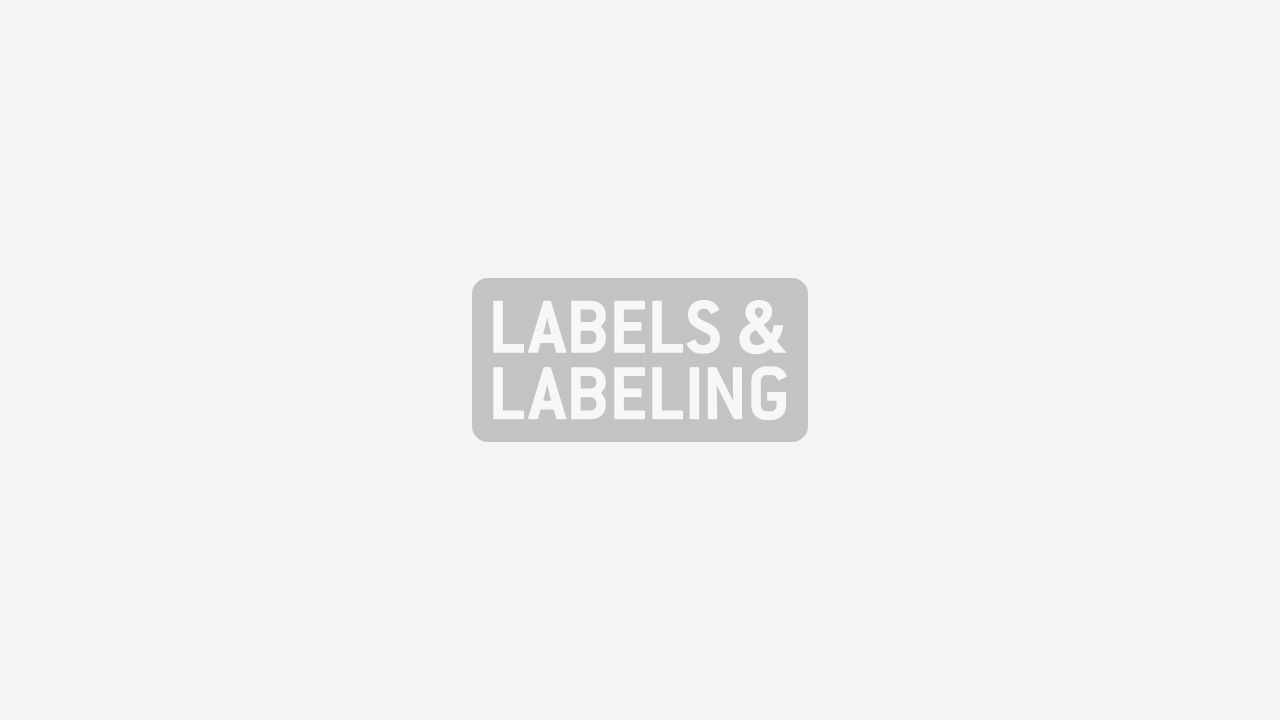Cargill acquires Dow Chemical interest in Natureworks PLA

The company that makes the proprietary, corn-based plastic resins marketed under the NatureWorks PLA and Ingeo fiber brand names will now be known as NatureWorks LLC. The name change follows Cargill’s decision to acquire The Dow Chemical Company’s interest in Cargill Dow LLC, a 50:50 joint venture formed in 1997 to commercialize polylactic acid biopolymers. The-newly named company will function as a stand-alone entity owned by Cargill.
Cargill is the original inventor of polylactic acid (PLA), a polymer derived from natural plant sugars and marketed as NatureWorks PLA and Ingeo fibers. NatureWorks PLA is used in a broad range of packaging applications by companies seeking the benefits of plastics made from an annually renewable resource.
“NatureWorks PLA is the signature product for this revolutionary technology,” said Guillaume Bastiaens, Cargill vice-chairman. “It makes sense to adopt NatureWorks as the company’s corporate identity now as the company takes the next major step in its evolution.”
In addition to labels, NatureWorks PLA applications include rigid packaging and films, including containers for bakery, dairy, deli, meat, produce, disposable serviceware, cold drink cups and cutlery; water, milk and juice bottles. Ingeo fibers are used in fiberfill applications including pillows, comforters, mattress pads, blankets and apparel sold in North America, Asia and Europe.
“NatureWorks has made significant progress in the development and commercial adoption of plastic made from annually renewable resources,” said NatureWorks President and CEO Kathleen Bader. “The company will continue to expand the applications of this new-to-the-world material in the marketplace. Customers are recognizing the benefits of a polymer made from annually renewable resources that is competitive with fossil fuel-based materials on cost and performance.”
NatureWorks LLC has gained considerable momentum in the past two years. Since January 2003, the company has increased production capacity by more than 15 fold at its Blair, Nebraska, plant and reduced costs per pound to be competitive with petroleum-based polymers such as polyethylene terephthalate (PET). For the 12-month period ending December 31, 2004, sales rose 40 percent over the year-earlier period.
Stay up to date
Subscribe to the free Label News newsletter and receive the latest content every week. We'll never share your email address.
